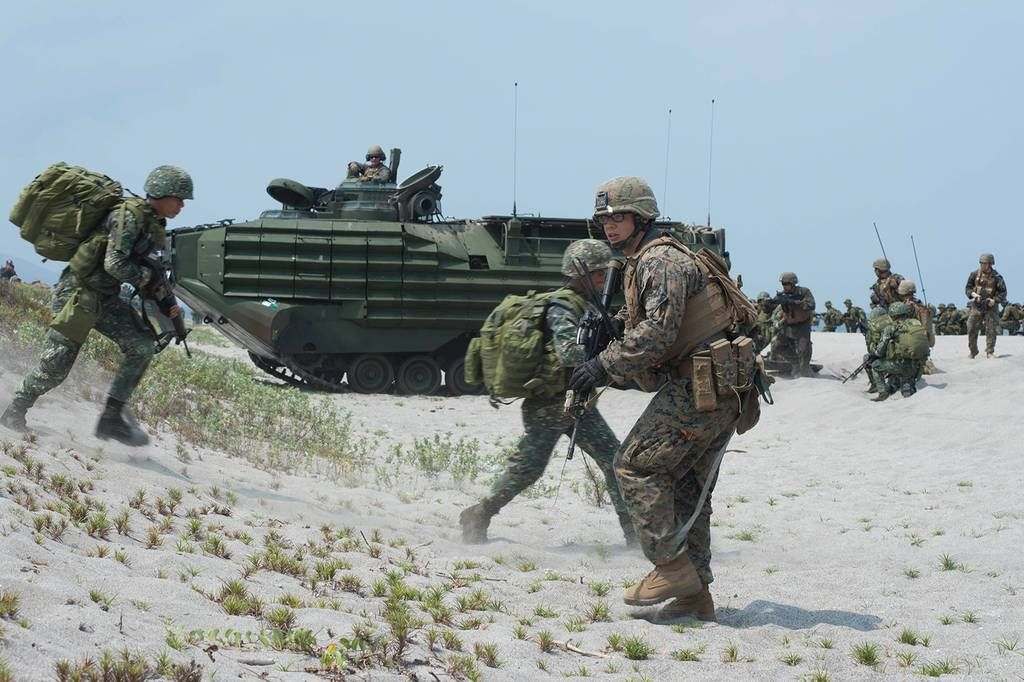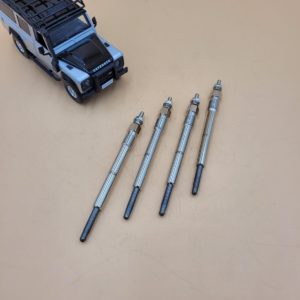The Taiping Rebellion and the Marco Polo Bridge Incident During the China War

China War
China is the most populous country in the world, and it is no surprise that the People’s Republic of China war with the United States. These two countries have been at war for centuries and are the top two economies in the world, and the ongoing economic conflict is a huge source of worry for both nations. Read on to learn more about this war and the various players involved. This article will discuss the Taiping Rebellion and the Marco Polo Bridge Incident, as well as the Ever Victorious Army.
Taiping Rebellion
The Taiping Heavenly Kingdom ruled over a large part of southern China, with its capital in Nanjing. Their army had control of over 30 million people, and the agenda of the Taiping revolt was social reform, equality for women, and replacing Chinese folk religion with Christianity. They refused to wear queues, and the Qing government besieged them throughout the rebellion. French and British forces joined the Qing forces to put down the Taiping revolt.
The Taiping rebellion lasted about two years. It was a major political and military event. The Chinese government had no choice but to repress it. However, the Qing army reorganized itself and reclaimed the areas that Taiping had taken over. They even recruited peasant troops from Hunan province. The Xiang Army occupied the capital Nanjing for two years and slaughtered 30,000 Taiping soldiers and thousands of civilians. Hong’s sudden death was the catalyst for the end of the Taiping rebellion.
The Taiping Rebellion was a reaction against change and progress. It continues to influence events in China War today and proves that a country’s future can be in the hands of its people. A brief look at the history of Taiping will give you a better understanding of the Taiping Revolution and its impact on Chinese society. There are many reasons why it was a major political and religious movement. In the nineteenth century, China War was on the verge of joining the world. The Taiping Rebellion, however, failed. After its crushing, the people fled to an idealistic society. The Taiping movement sought to bring back the golden age of China.
Marco Polo Bridge Incident
The Marco Polo Bridge Incident during the China war occurred during a period when Japan and China were at odds. Japanese forces had recently taken Peiping, and Chinese defenders were at their last stand. On July 9, the Japanese overran the bridge and Chinese reinforcements took it back. However, the Japanese were not the only ones responsible for the incident. Many believe that the Chinese had orchestrated it, but that was far from the truth.
The Marco Polo Bridge Incident took place on July 7, 1937, near Lugouqiao, outside of the Chinese city of Beiping. The Japanese were operating south of the Manchuria border, and this incident served to ignite the war. Although this incident was not a full-blown war, it did set the stage for what would later be known as the Second Sino-Japanese War.
The Chinese Nationalists, however, saw Japan as the main threat. They were dissatisfied with Chiang Kaishek’s focus on defeating the Communists and forced him to sign the United Front against Japan. In July 1937, at the Marco Polo Bridge, Nationalist troops fired on Japanese soldiers performing military maneuvers. The result was an explosive and deadly conflict that ultimately ended in China’s defeat and the collapse of the Chinese government.
Taiping army’s main strategy of conquest
The Taiping army was a massive force with over a million members. In 1860, the Taiping army numbered around 2.5 million soldiers in central China.
The Taiping army was led by General Zeng Guoquan, the ninth brother of Qing strategist Zeng Guofan.He was squat, scarred, and gave no quarter. In 1851, the Taiping army took over Nanjing and took Tianjin. By 1861, the Taiping army had wiped out almost half of the Taiping population.
Despite Taiping’s initial setback in 1853, the Qing dynasty continued its expansion westward but fell quickly after the Battle of Nanjing in 1860. The Taiping army was unable to take Shanghai, despite having a large force. The Qing dynasty relied on local militias in the Yangtze valley, including the “Hunan Braves” and the Huai army.
Despite the victory of the Taiping army in 1850, the Chinese civil war lasted for fifteen years, killing up to thirty million people, mostly civilians. This was one of the first total wars, and it killed more than any other conflict. It inspired Mao Zedong’s revolution a century later. When the Taiping army first conquered the Chinese, the Qing dynasty was in disarray, and the Qing’s veneer of control began to crumble.
Ever Victorious Army
The Ever Victorious Army, or EVA, was a late 19th-century Chinese imperial army that fought against the Taiping and Nien rebellions. The EVA was composed of approximately 200 European mercenaries recruited from sailors, deserters, adventurers, and other groups. The army had approximately 1,200 soldiers when it began its operation and increased to nearly 3,000 men by May 1862. Originally equipped with Western weapons, the EVA operated within a thirty-mile radius of Shanghai.
The EVA grew out of informal cooperation against Taiping. The purpose of this cooperation was to maintain plausible deniability. In addition, the foreign military adventurers were relatively inexpensive because they could easily be replaced by their former sponsors. Eventually, the Chinese Government’s Ever Victorious Army became obsolete.
Although the EVA was composed of both infantry and artillery.The Chinese non-commissioned officers were Europeans. The Ever Victorious Army had a thousand men equipped with Prussian rifles of an older pattern. As a result, it had begun to exhibit characteristics of a disciplined force. By the end of the war, however, General Ward received a fatal wound in an attack on Tsuki in September.
Qing government’s massacres of Manchus
During the Qing Dynasty, the Manchus constituted the majority of the population, but their minority status meant that the ruling class of several dynasties included ethnic minorities, including Han. The last of these dynasties was the Qing, whose ethnic Manchu rulers killed Han people, persecuted scholars, and systematically destroyed their traditional ways. As a result, their culture has undergone a period of gradual assimilation, but their revival began over 50 years ago and has continued to grow.
The Qing government’s massacres of the Manchus led to civil unrest – the Nian Rebellion and the Taiping Rebellion – that was put down after several years. However, the Qing government was unable to rebuild a central army and instead called upon local officials to raise “New Armies” and crush any challenge to its authority. While the Red Turbans had been initially successful in reclaiming territory, they were eventually pushed out of power and massacred by Qing forces in the northern suburbs of Guangzhou.
In the 1920s, the Qing government’s mass murders of the Manchus led to the suppression of Chinese science and culture. The Qing government was accused of destroying traditional Han culture and suppressing Chinese science, and transforming China from a powerful power into a poor, impoverished nation. Many modern-day Chinese activists, including mainstream political movements and uprisings, were anti-Qing.
Taiping Heavenly Kingdom
The Taiping China War War of 1845 is a topic that has been the subject of a variety of histories. These have ranged from the interpretation that the war. The result of a supernatural outpouring of the Holy Ghost to an anti-Manchu, imperialist, peasant revolt. Some historians have also interpreted the war as a modernizing force. Still others, such as Jian Youwen, see the war as a reaction against a corrupt system.
The war cost the imperial Chinese 20 million lives and resulted in the deaths of as many as 100 million. It was one of the deadliest wars in history and was responsible for major changes in Chinese culture.
Mao Zedong, the leader of the China War Communist Party, ordered the museum to be located in Nanjing. A Taiping leader claimed to be the son of God and a brother of Jesus. A Taiping uprising led to the overthrow of the Qing dynasty and the rise of the Communist party in China.For Further Information Please Visit This Site.







